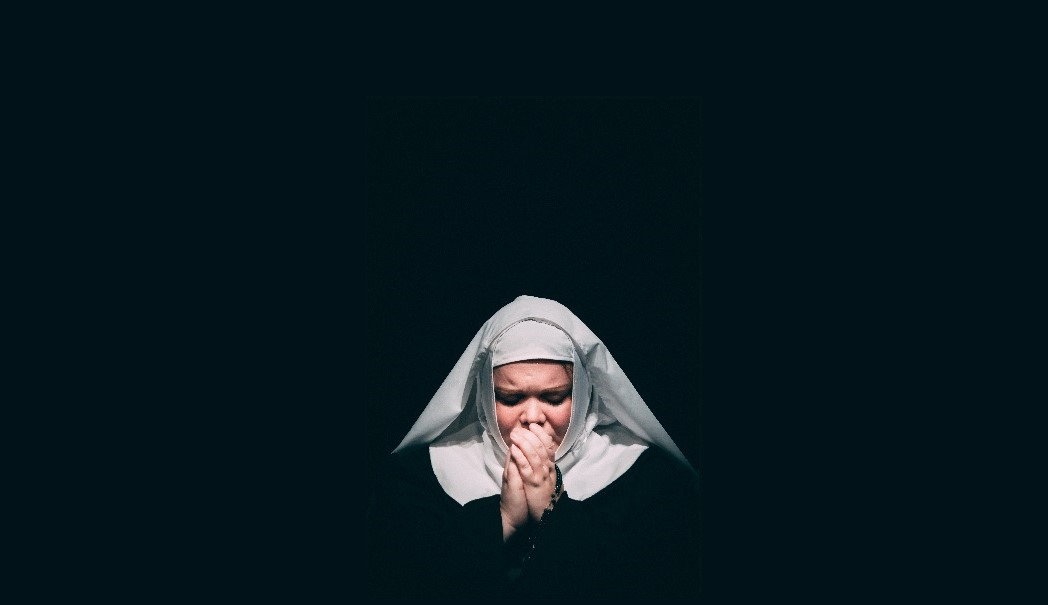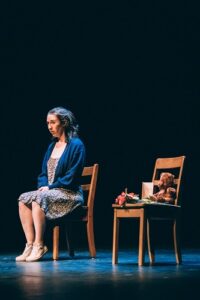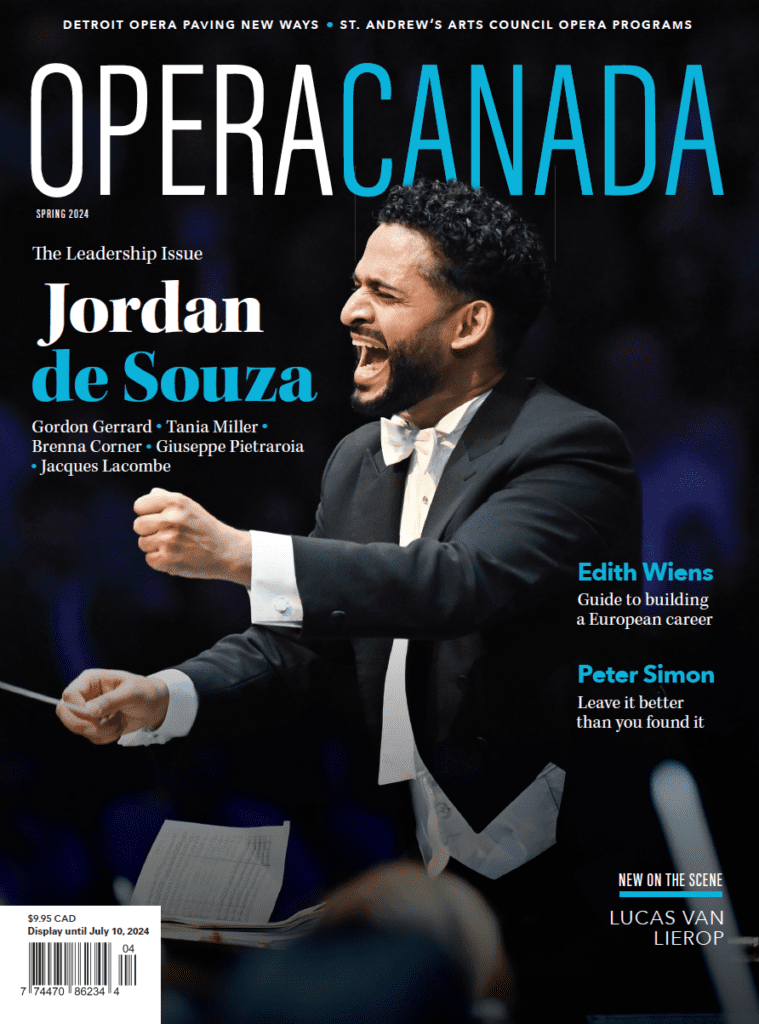[vc_row][vc_column][vc_column_text]Now in its twelfth season under the leadership of General Director Valerie Kuinka and Artistic Director Richard Margison, Highlands Opera Studio (HOS) presented an impressive array of events highlighting the talents of twenty-five new, up-and-coming artists. The five-week intensive program showcased singers from Canada, the United States, and Mexico in several concerts, public masterclasses, and two fully-staged operas. On Aug. 15th, “Women in Opera: Then And Now” highlighted both historical and contemporary roles of women in opera. As part of this exploration, Kuinka sensitively staged Suor Angelica, Puccini’s all-female one-act opera about a girl who is exiled to a convent after the birth of her illegitimate son. Lauren Margison was stunning in the title role; her wide vocal range elicited a beautiful darkness in her rendition of “Senza mamma,” while her superb acting took us through the tortured yet subdued emotions of her tragic character. Rounding out the cast was Megan Quick, playing a vocally powerful and darkly dramatic Princess, and Emma Bergin as the emotionally chilling Abbess.
The showcase was also marked by two contemporary Canadian operas, both skillfully directed by Jessica Derventzis, alongside dynamic piano accompaniment by Jennifer Szeto. The Chair, a short opera in the making by composer Maria Atallha and librettist Alice Agracen featured Sara Schabas as Melanie, a young girl immersed in her journey of grief after her best friend dies in a tragic accident. Schabas took us on an emotional roller coaster, using her versatile voice to express sorrow, anger, and confusion.
The second work, Book of Faces, by composer Kendra Harder and librettist Michelle Telford, was a rollicking journey through the world of social media. The style of the opera was akin to Handel’s oratorios, with witty lyrics like “Take it to Tumbler” cleverly juxtaposed with Baroque ornamentations for comedic effect. Carole-Ann Roussel was delightful as Rachel, her acting infectiously cheerful and her vocals sparkling. Megan Quick was equally charming as Stephanie, showing a comedic side that contrasted dramatically with her earlier role as the Princess. Both singers personified the hectic yet isolating world of modern communication as expressed in the opera’s line “I’m a live stream social recluse.”
The final show at Highlands Opera Studio was a double cast production of Richard Strauss’ Ariadne auf Naxos, a work that showcased the power of the female voice. As Zerbinetta, Maeve Palmer captured the joie de vivre of this pivotal role. Not only did she sing beautifully, but she was also the triple-threat needed for this character—an expressive comic actor, a graceful dancer, and a talented coloratura. Shantelle Przybylo (Ariadne) was the perfect foil for Palmer, ridiculously self-centered in the Prologue, but regal during her immortalization at the hands of the god Bacchus. In the trouser role of the Composer, Michelle Siemens captured the angst of her character while also displaying vocal virtuosity in her show stopping “Sein wir wieder gut.” Geoffrey Schellenberg was a soulful Harlekin, while Brenden Friesen’s powerful bass voice added fullness and depth to the trio of clowns.
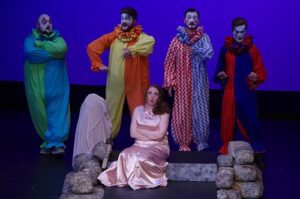
Rachel Krehm (Ariadne), Sunny Shams (Brighella), Daevyd Pepper (Scaramuccio), Micah Schroeder (Harlekin), Brenden Friesen (Truffaldin) in Highlands Opera Studio’s Ariadne auf Naxos. Photo: John Martens
The second cast featured Jacob Feldman’s comic turn as one of the clowns and Micah Schroeder as a full-voiced and exuberant Harlekin. Rachel Krehm’s facial expressions as Ariadne were priceless, and her soulful “Ach! Wo war ich?” demonstrated the richness of Strauss’ writing for the female voice. Melissa McCann’s Zerbinetta was particularly charming in the rustic comic ensembles, while Frida Portillo’s Composer was empathetic and firmly sung. Local residents Reverend Ken McClure as the Lackey and Christopher Chumbley as the Wigmaker were delightful comic, as was Gemini award-winning actor Briggite Gall’s cameo role as the droll Major Domo.
Sunny Shams and Daevyd Pepper added to the light-heartedness of the production as two of the commedia dell’arte clowns while Ariadne’s three nymphs—portrayed by Sara Schabas, Emma Bergin, and Carole-Ann Roussel—were not only visually elegant but also provided some of the most sumptuous and gloriously tight vocal harmony in the entire production. David Diston offered skilled comic timing and a strong baritone as the Music Master, while Kaden Forsberg’s light tenor voice, along with his posturing demeanour and gold lamé suit, made for a superbly farcical Dance Master. Scott Rumble was outstanding as Bacchus. From his sonorous first entrance leaping through a dressing room door to his dramatic wooing of Ariadne, Rumble tackled this famously difficult role with seemingly effortless vocal strength.
Besides both casts’ intense talents, Richard Margison’s direction was also brilliant; busy enough in the comic passages yet understated during the scenes demanding more vocal strength from his young singers. Margison achieved the tenuous balance between comedy and tragedy needed to make this opera more than just a slapstick romp, while conductor Philip Morehead demonstrated a deep understanding of the emotional and rhythmic demands of Strauss as he led the young singers and his talented piano collaborators, Janelle Fung and Nate Ben-Horin, through this difficult musical maze. Ariadne auf Naxos is the strongest overall production I have seen Highlands Opera Studio; bold costume designs, artful wigs and makeup, and elegantly simple lighting creating a cohesive, colourful production. Kudos to Kuinka and Margison for having the courage and foresight to mount this challenging work with such talented young singers.[/vc_column_text][/vc_column][/vc_row]
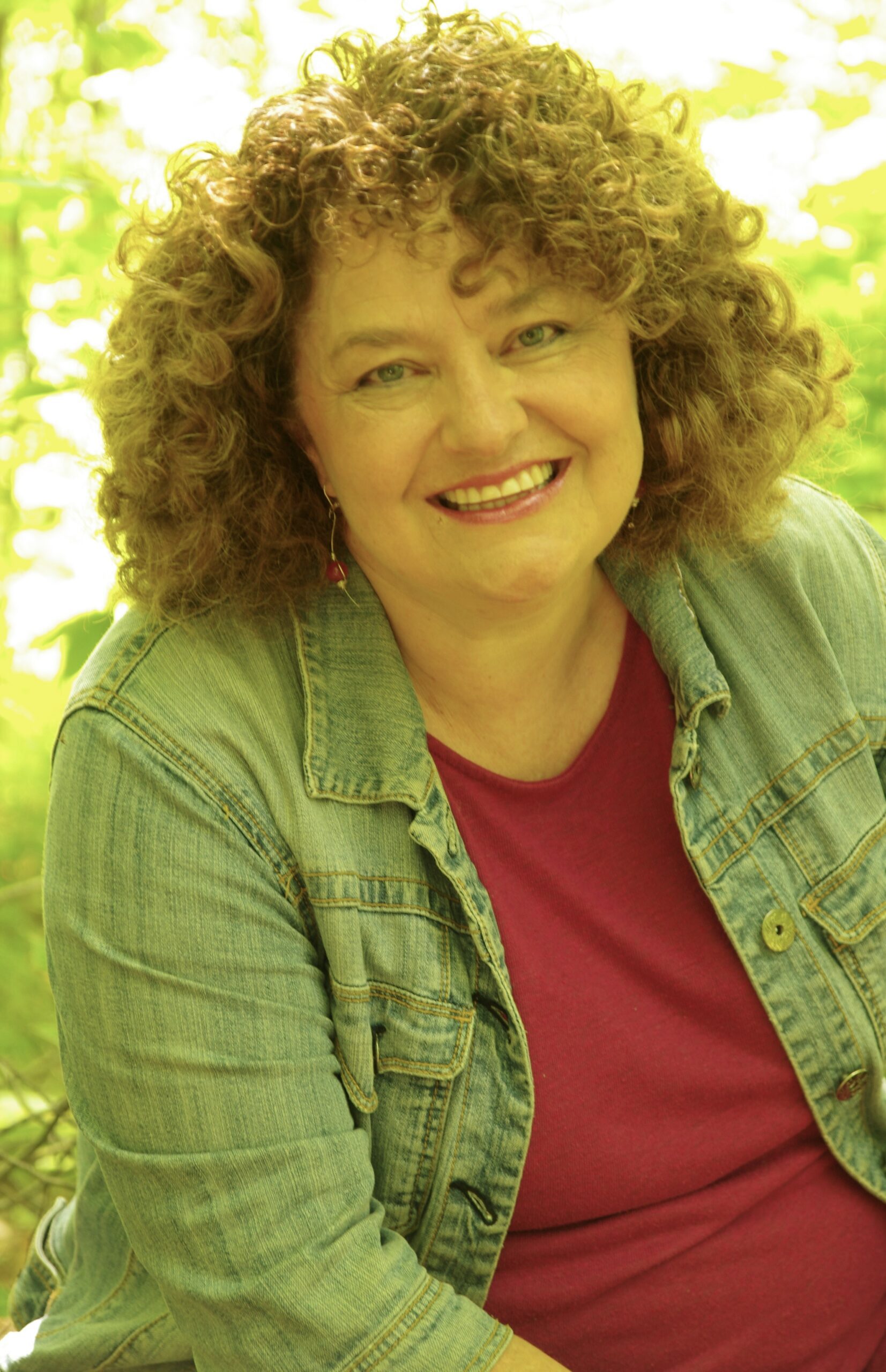
Dawn Martens received a 2010 Ruby Award for opera education, as well as a 2020 Governor General’s History Award for Excellence in Teaching for an online children’s production of Brundibar. A writer for Opera Canada for over 20 years, she is currently the host of Opera Night in Canada on 100.9 Canoe FM.

